Into the Sun by C. F. Ramuz, translated from the French by Olivia Baes and Emma Ramadan, New Directions, 2025
Originally published in 1922, C. F. Ramuz’s Into the Sun is a quietly devastating depiction of the climate crisis, centring its narrative around the predicted outcome of the sun eventually engulfing the Earth. Catastrophe narratives can lean into the dramatic, but among Into the Sun’s distinctive qualities is the resistance of hyperbolic description and genre conventions; instead, Ramuz’s novel is filled with clarifying depictions of manifold human reactions—particularly silence, denial, and the stubborn persistence of everyday life. The structure of the novel, too, defies expectation, being composed of a series of vignettes that do not necessarily follow a narrative thread. Rather, the discrete elements resemble individual short stories that share the same backdrop and quiet, elliptical narrative. The result of these stylistic combinations work to create a text that feels distinctly contemporary, given the current global concern for climate change and its repercussions.
Ramuz’s discreet, almost detached tone is evident from the novel’s early chapters: ‘Because of an accident within the gravitational system, the Earth is rapidly plunging into the sun.’ In presenting the facts with a clinical eye, the arrival of the central revelation is underplayed, only previously intimated via subtle mentions of rising temperatures. As the news then spreads globally, the small lakeside town in which the novel is set (unnamed, but clearly Swiss in its cultural references) carries on as if nothing has changed. The villagers hear the warning, but they do not believe it. According to the psychologist Matthew Adams, eco-anxiety can manifest in a variety of ways, including denial, and this tension between knowledge and enforced oblivion forms the emotional core of Into the Sun: Ramuz is less concerned with the mechanics of catastrophe than with the psychological and communal refusal to accept it. READ MORE…

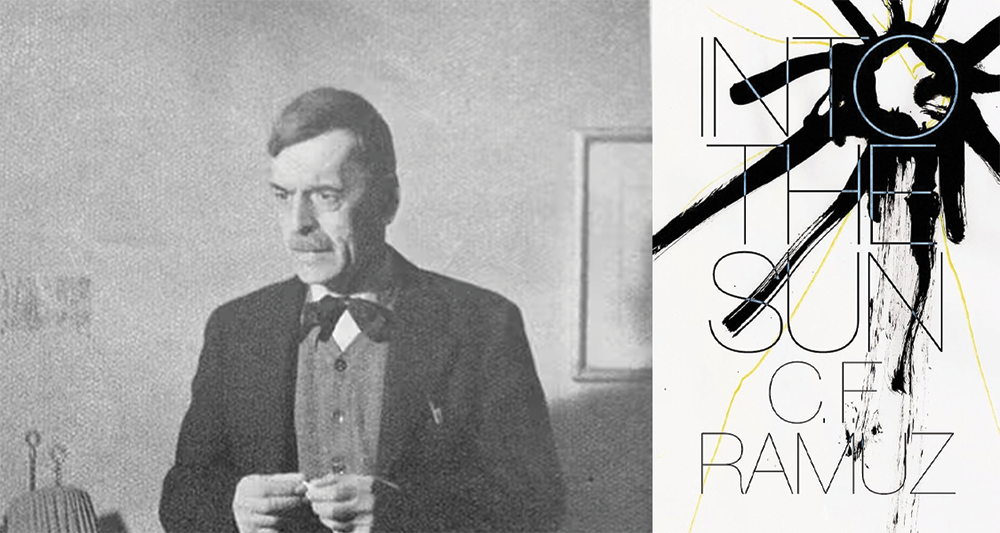
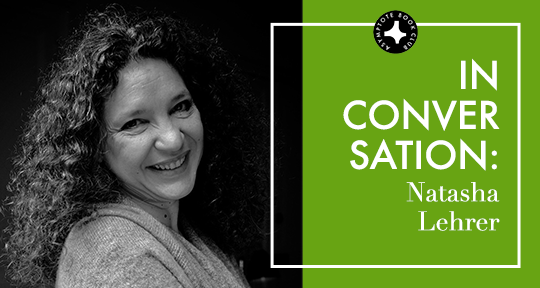

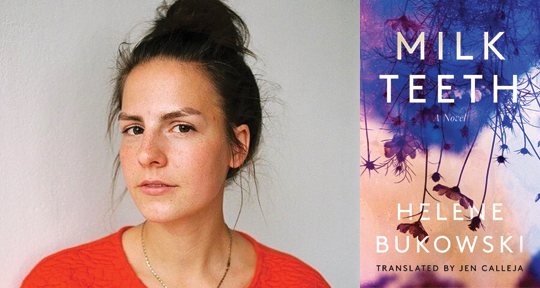
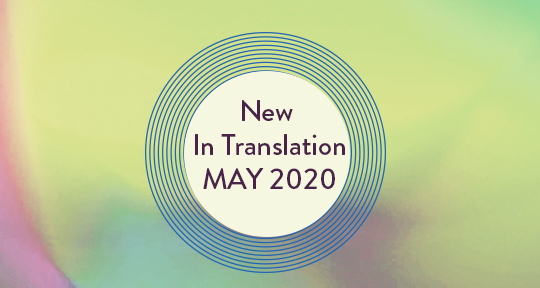
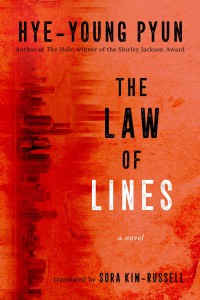
What’s New in Translation: August 2021
New work this month from Lebanon and India!
The speed by which text travels is both a great fortune and a conundrum of our present days. As information and knowledge are transmitted in unthinkable immediacy, our capacity for receiving and comprehending worldly events is continuously challenged and reconstituted. It is, then, a great privilege to be able to sit down with a book that coherently and absorbingly sorts through the things that have happened. This month, we bring you two works that deal with the events of history with both clarity and intimacy. One a compelling, diaristic account of the devastating Beirut explosion of last year, and one a sensitive, sensual novel that delves into a woman’s life as she carries the trauma of Indian Partition. Read on to find out more.
Beirut 2020: Diary of the Collapse by Charif Majdalani, translated from French by Ruth Diver, Other Press, 2021
Review by Alex Tan, Assistant Editor
There’s a peculiar whiplash that comes from seeing the words “social distancing” in a newly published book, even if—as in the case of Charif Majdalani’s Beirut 2020: Diary of the Collapse—the reader is primed from the outset to anticipate an account of the pandemic’s devastations. For anyone to claim the discernment of hindsight feels all too premature—wrong, even, when there isn’t yet an aftermath to speak from.
But Majdalani’s testimony of disintegration, a compelling mélange of memoir and historical reckoning in Ruth Diver’s clear-eyed English translation, contains no such pretension. In the collective memory of 2020 as experienced by those in Beirut, Lebanon, the COVID-19 pandemic serves merely as stage lighting. It casts its eerie glow on the far deeper fractures within a country riven by “untrammelled liberalism” and “the endemic corruption of the ruling classes.”
Majdalani is great at conjuring an atmosphere of unease, the sense that something is about to give. And something, indeed, does; on August 4, 2020, a massive explosion of ammonium nitrate at the Port of Beirut shattered the lives of hundreds of thousands of people. A whole city collapsed, Majdalani repeatedly emphasises, in all of five seconds.
That cataclysmic event structures the diary’s chronology. Regardless of how much one knows of Lebanon’s troubled past, the succession of dates gathers an ominous velocity, hurtling toward its doomed end. Yet the text’s desultory form, delivering in poignant fragments day by elastic day, hour by ordinary hour, preserves an essential uncertainty—perhaps even a hope that the future might yet be otherwise.
Like the diary-writer, we intimate that the centre cannot hold, but cannot pinpoint exactly where or how. It is customary, in Lebanon, for things to be falling apart. Majdalani directs paranoia at opaque machinations first designated as mechanisms of “chance,” and later diagnosed as the “excessive factionalism” of a “caste of oligarchs in power.” Elsewhere, he christens them “warlords.” The two are practically synonymous in the book’s moral universe. Indeed, Beirut 2020’s lexicon frequently relies, for figures of powerlessness and governmental conspiracy, on a pantheon of supernatural beings. Soothsayers, Homeric gods, djinn, and ghosts make cameos in its metaphorical phantasmagoria. In the face of the indifferent quasi-divine, Lebanon’s lesser inhabitants can only speculate endlessly about the “shameless lies and pantomimes” produced with impunity. READ MORE…
Contributors:- Alex Tan
, - Fairuza Hanun
; Languages: - French
, - Hindi
; Places: - India
, - Lebanon
; Writers: - Charif Majdalani
, - Geetanjali Shree
; Tags: - Beirut 2020 explosion
, - diary
, - disaster
, - Indian Partition
, - motherhood
, - recovery
, - social commentary
, - trauma
, - womanhood